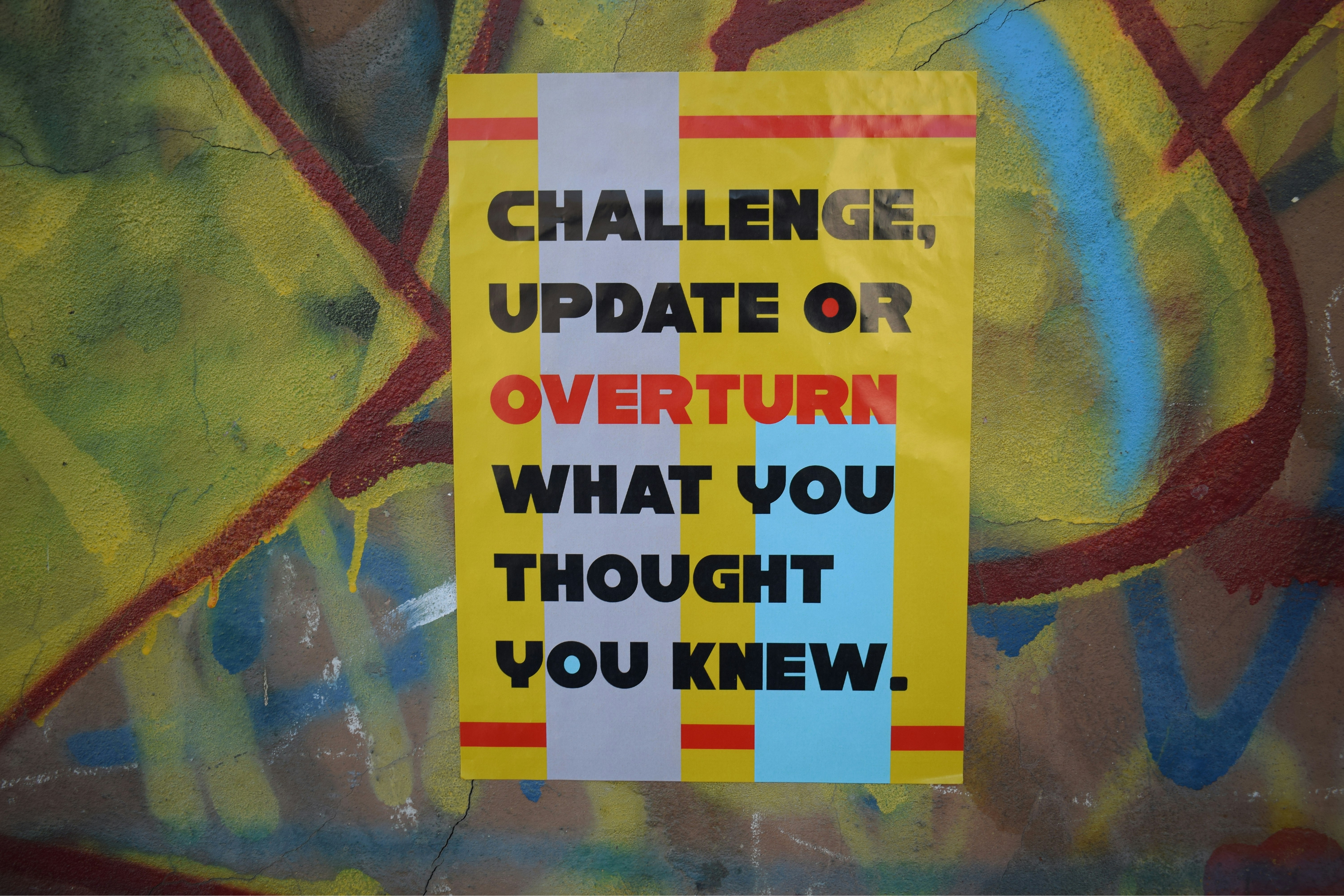Transform Online Learning: The Power of Micro-Narratives
In today's digital age, where online learning has become integral to education, the concept of micro-narratives is reshaping how we perceive and engage with learning. These small yet significant stories play an essential role in crafting learner identities, ultimately transforming online educational experiences. By understanding the impact of micro-narratives, educators can create more engaging and personalized courses that foster community, resilience, and empathy among learners.
The Significance of Micro-Narratives in Education
Micro-narratives, or small, personal stories, resonate deeply with individuals, making them a powerful tool in the educational sphere. These stories can originate from personal experiences, anecdotes from fellow learners, or even hypothetical scenarios that challenge perceptions and provoke thought.
The role of micro-narratives extends beyond mere storytelling; they serve a fundamental purpose—helping learners connect with the material on a personal level. This connection can enhance motivation, facilitate deeper understanding, and foster an inclusive atmosphere where learners feel valued for their unique experiences. As educational environments increasingly move online, leveraging micro-narratives can bridge the gap between remote interactions and personal connections.
Building Learner Identity Through Personal Stories
Learner identity is shaped not only by the environment in which education takes place but also by the stories we tell about ourselves and those we share with others. Micro-narratives allow learners to express their unique identities, cultivating a sense of belonging within the online learning community.
When integrating personal stories into the curriculum, educators can spark engagement and participation. For instance, when an instructor shares a short narrative about their own educational struggles or triumphs, it humanizes them and encourages students to relate their experiences to the lesson at hand. Moreover, when students are encouraged to share their own micro-narratives, they are more likely to feel comfortable participating and investing in the learning process.
For a deeper understanding of how personal connection impacts online learning, explore how to embrace serendipity and create online courses for explorative learning.
Creating Empathy Through Shared Experiences
Micro-narratives have a profound effect on empathy within a diverse online learning environment. In a context where students often feel isolated from one another, sharing small stories can break down barriers and foster connections. For example, a student sharing their perspective on overcoming challenges in a group project can encourage peers to empathize with their struggle, motivating everyone to collaborate more effectively.
Utilizing micro-narratives also opens the door to discussions around subjects like emotional intelligence and compassion. When learners understand that their challenges are shared, they create a supportive community ripe for collaboration, understanding, and respect.
How Micro-Narratives Enhance Engagement and Reflection
Research suggests that when learners feel emotionally invested in their stories, they are more likely to engage deeply with the course material. Micro-narratives can serve as reflective tools, allowing students to think critically about their experiences and draw connections to the subject being studied.
For instance, a lesson on conflict resolution might include narratives from students who have faced interpersonal challenges in group work situations. Students can then reflect on their narratives, analyze how they could have resolved conflicts differently, and gain insights into relevant theories discussed in class. By doing so, students not only learn the subject matter but also how to apply it in real-life scenarios.
To elevate your online courses even further, consider harnessing AI and personalized learning pathways that accommodate individual stories and learning styles, allowing for tailored educational experiences that resonate with each learner's narrative.
Inspiring Vulnerability in Online Learning Spaces
For many learners, sharing personal stories can feel vulnerable. Educators must create a safe environment where students feel comfortable sharing their micro-narratives. This can be achieved through appropriate moderation, establishing ground rules, and fostering a culture of respect.
When students are assured that their contributions will be respected and valued, they are more likely to be open, candid, and vulnerable. This openness inspires peers to share their stories and foster discussions facilitating deeper connections and encouraging rich conversations.
The Role of Technology in Amplifying Micro-Narratives
Technology plays a significant role in collecting and disseminating micro-narratives within online courses. Through discussion boards, video submissions, or interactive storytelling platforms, educators can create a engaging space where students can share their stories conveniently.
Incorporating various formats (text, audio, video) allows learners to select the method of storytelling that feels most comfortable to them, allowing a more authentic representation of their experiences. Additionally, educators can integrate these narratives within assessments or discussion prompts, further entrenching their importance in the learning experience.
For insights on harnessing innovative digital tools to boost engagement in your courses, check out the importance of sensory learning environments in creating engaging virtual spaces that make sharing personal narratives feel natural and supportive.
Challenges and Considerations
While micro-narratives have immense potential to enhance online education, it's crucial for educators to navigate some challenges effectively. Key considerations include:
- Cultural Sensitivity: Educators should be aware of the diversity of their learners and how personal narratives might be received differently across cultures.
- Privacy Concerns: Establishing specific guidelines for sharing stories protects learner privacy and ensures a respectful environment.
- Encouraging Participation: Some learners may be hesitant to share personal narratives due to shyness or a lack of confidence. Encouraging participation in smaller groups or through written prompts may provide a more comfortable avenue for expression.
Learning from the Experiences of Others
Incorporating micro-narratives is not merely an academic exercise but also an opportunity to learn from real experiences. For instance, exploring how learners from various cultural backgrounds interpret and share their narratives can lead to valuable insights for all participants. Trends show that incorporating storytelling into curriculums can yield more comprehensive understanding of diverse perspectives, which can enhance group projects and collaborative work significantly.
Beyond storytelling, consider the effectiveness of employing gamified learning strategies to integrate micro-narratives in playful, interactive ways. When learners engage with material in this manner, their emotional connection to the content deepens, resulting in a more enriching educational experience.
Amplifying the Voices of All Learners
To fully harness the power of micro-narratives, educators must ensure that all voices are represented. This is especially crucial in online spaces where marginalized viewpoints might be underrepresented. Strategies like promoting inclusive course design, allowing anonymity, and providing the option to share in various formats can ensure that every learner has the opportunity to share their story.
The importance of amplifying voices isn’t just about sharing different perspectives; it’s about creating an environment where every learner feels empowered, heard, and accountable. An excellent resource on fostering inclusivity in education can be found in reimagining assessment and online collaboration for a variety of students.
Harnessing Micro-Narratives for Lifelong Learning
By adopting micro-narratives as a powerful tool within online education, we embrace the essential journey of lifelong learning. This approach not only encourages immediate engagement but also lays the groundwork for future growth, resilience, and an ongoing love of learning.
Storytelling can foster critical thinking, adaptability, and creativity, making learners more equipped to tackle challenges beyond their educational journeys. Emphasizing the importance of these narratives can ignite a passion for learning that lasts a lifetime.
Final Thoughts: Crafting Meaningful Online Learning Experiences
The role of micro-narratives in shaping learner identities is both profound and multifaceted. As online education continues to evolve, leveraging the power of storytelling can lead to more meaningful, authentic learning environments. By making space for personal narratives, educators build community, foster empathy, and inspire resilience among learners.
To explore further, consider examining how storytelling can enhance learning in innovative online environments by checking out resources on interactive storytelling, as found in the art of digital storytelling.
In exploring the impact of micro-narratives, we ultimately unveil the rich tapestry of experiences that comprise the online learning landscape—one story at a time.













